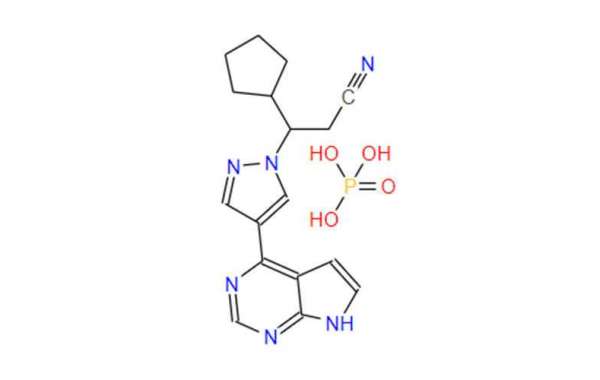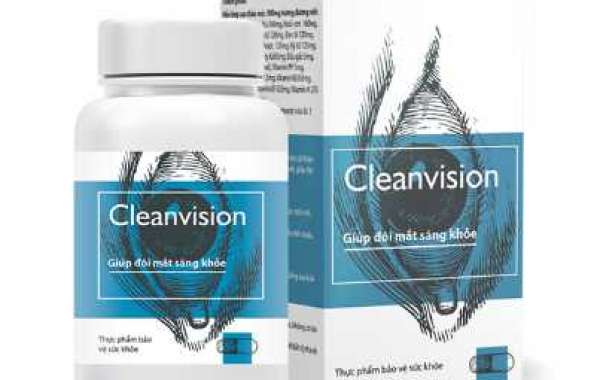Understanding JAK Inhibition
The Janus kinase (JAK) pathway plays a critical role in the immune system, regulating cell growth and inflammation. In some diseases, this pathway becomes overactive, leading to uncontrolled inflammation and tissue damage. Ruxolitinib phosphate works by inhibiting JAK proteins, thereby interrupting this pathway and reducing inflammation.
Ruxolitinib's Impact on Atopic Dermatitis
For patients with moderate to severe atopic dermatitis, Ruxolitinib offers a welcome relief from the constant itch and inflammation. Here's how it can help:
Reduced Symptoms: Studies have shown that Ruxolitinib can significantly reduce itching, improve skin quality, and decrease flare-ups.
Improved Quality of Life: By controlling symptoms, Ruxolitinib can help patients sleep better, participate in daily activities, and experience an overall improvement in their well-being.
Targeted Therapy: This JAK inhibitor offers a more targeted approach compared to corticosteroids, potentially leading to fewer side effects.
Ruxolitinib in Myeloproliferative Neoplasms (MPNs)
MPNs are a group of blood cancers characterized by excessive production of blood cells. Ruxolitinib has proven effective in managing certain types of MPNs:
Reduced Spleen Size: An enlarged spleen is a common symptom in MPNs. Ruxolitinib can help shrink the spleen, alleviating discomfort and improving overall health.
Improved Blood Counts: By regulating cell growth, Ruxolitinib can help normalize blood counts, reducing the risk of complications like thrombosis.
Symptom Relief: This medication can alleviate symptoms like fatigue, bone pain, and night sweats, improving patients' quality of life.
Important Considerations
While Ruxolitinib offers significant benefits, some crucial factors need to be considered:
Side Effects: As with any medication, Ruxolitinib can cause side effects like anemia, low blood counts, and increased risk of infections. Close monitoring by a healthcare professional is essential.
Not a Cure: Ruxolitinib is a disease-management tool, not a cure. It can effectively control symptoms and improve quality of life, but ongoing treatment is typically required.
Ongoing Research: Research into the long-term effects and potential applications of Ruxolitinib in other inflammatory diseases is ongoing.
A Ray of Hope
Ruxolitinib phosphate represents a significant advancement in managing inflammatory and autoimmune diseases. By targeting the JAK pathway, it offers relief to patients who haven't found success with traditional treatments. As research continues to unveil its full potential, Ruxolitinib holds promise for improving the lives of many patients struggling with chronic inflammatory conditions.
Disclaimer: This blog is for informational purposes only and should not be construed as medical advice. Please consult with a qualified healthcare professional for personalized recommendations regarding treatment for inflammatory and autoimmune diseases.








